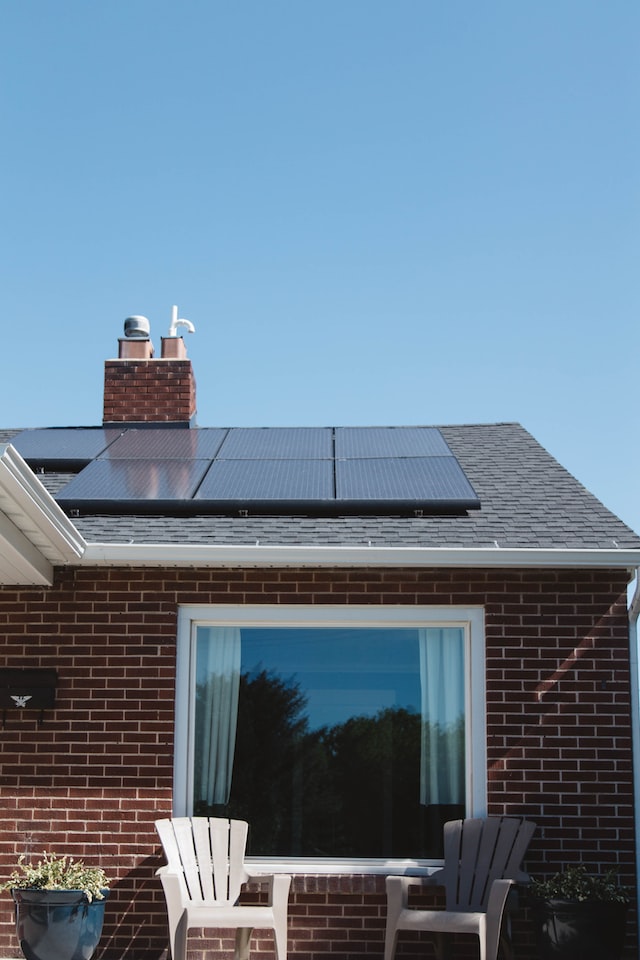
Before installing solar panels in your home, there are many different aspects to consider. These details include determining the cost, which panels to buy, and which inverter to use. You can also use this information to gauge how well the system performs. Finally, to ensure that your solar panel system is working properly, you should monitor its output daily.
Installing Solar Panels on Your Home
Before installing solar panels for your home, you should consider your needs. If you want a green energy source for your home, you should first get permission from your local municipality. This is known as permission to operate. This step is important for safety reasons. It is also necessary to have a certified solar installer install the panels on your home.
It would help if you also got several quotes for the best price. Many companies offer no-cost solar installations. These companies will front all the costs of installing solar panels on your home and then charge you a reduced rate for your electricity. You will also be able to take advantage of tax credits. The tax credits are available in most states, so take advantage of them while they’re still available. Start saving money right away!
Solar panels help reduce your energy bills and reduce your carbon footprint. These systems also improve your home’s resale value, so you don’t have to pay the initial investment. Installing solar panels on your home can increase your home’s value by more than $18,000!
Cost of Solar Panels
Installing solar panels for your home can be expensive, but it will quickly pay off in savings. The average homeowner can expect a payback in seven to eight years. Once they have a working system, they will no longer have to pay for electricity coming from the grid and can even get credit for unused energy. As with any investment, solar panels are best for homes with plenty of suns throughout the year.
Solar panels can be purchased with a variety of payment methods. For example, you can choose to pay the entire amount upfront, or you can take out a solar loan. Both options can help you save as much money as possible on your electricity bills. You may also lease solar panels to take advantage of state and federal incentives.
Depending on the size of your system, the cost of solar panels for your home can vary widely. On average, a 150 to 300-watt solar panel costs $112 to $450. The price of each panel will depend on its efficiency and the mounting hardware and wiring needed. Generally, a larger system will require more panels to power a home. Additionally, solar panels for your home will include other costs, such as installing batteries.
Choosing the Right Solar Panel
Choosing the right solar panel for your home or looking for solar installers near me is important in achieving your energy goals. Several factors must be taken into consideration. These include the amount of space available on your roof, the direction in which panels would be installed, and any nearby trees. You can determine the best solar panel for your home by obtaining an energy assessment.
Choosing a reputable solar panel supplier is essential, so do some background research on them. Make sure they have a long-term track record and are well-known among installers. Ensure that the company will remain in business for a long time, as you will be entering a long-term relationship with them. For example, you should always choose a company with a 25-year warranty.
The efficiency of a solar panel is a key factor to consider. The higher the efficiency, the more money you will spend. However, don’t choose the most powerful panel in your price range. This will end up costing you more energy. In addition, make sure to research the manufacturer’s track record and customer feedback. Solar panels are big investments, and you’ll want to be certain you’ll be satisfied with your purchase.
Inverter
If you’re considering doing solar panels for your home, you should consider investing in a power optimizer or an inverter. These devices are not electricity generators but are important for regulating the power from your solar panels. They also allow for a more flexible configuration. There are three main types of inverters that you can choose from, but all perform the same basic function.
A power inverter’s efficiency varies greatly depending on the load. An inverter can be up to 50% more efficient at low power levels than at high loads. Some manufacturers publish an efficiency curve showing how efficient the unit is as a load function. However, the efficiency curve is usually only available down to a few hundred Watts. It is important to remember that an inverter with a 93% peak efficiency may not be as efficient as an inverter with an 85% peak efficiency.
A power inverter works by converting DC power into AC. When installing solar panels, you’ll need to connect the two with an MC4 connector. Once the two are connected, the charge controller should illuminate. You’ll also need to connect the inverter terminal to the battery’s terminal.